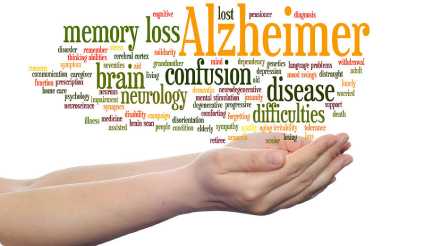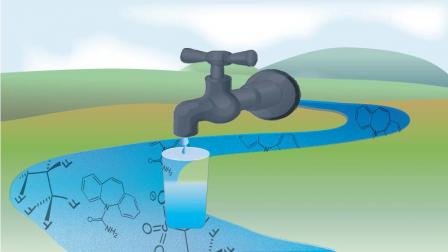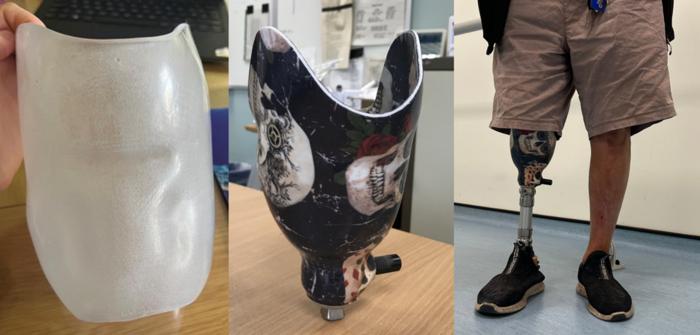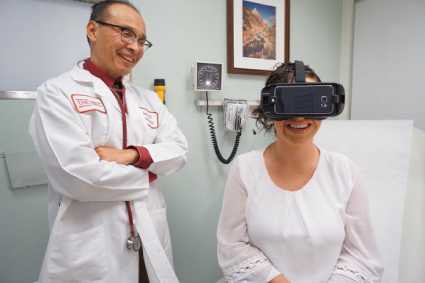Cambridge scientists have developed an AI tool that can predict with 80% accuracy whether individuals showing early signs of dementia will remain stable or develop Alzheimer’s disease. This new method promises to reduce the need for invasive and costly diagnostic tests while enhancing early treatment outcomes through timely interventions such as lifestyle changes or new medications.
Dementia is a significant global health challenge, affecting over 55 million people worldwide and costing an estimated $820 billion annually. The number of cases is expected to nearly triple over the next 50 years. Alzheimer’s disease, the primary cause of dementia, accounts for 60-80% of cases. Early detection is crucial for effective treatment, yet it often relies on invasive or expensive tests like positron emission tomography (PET) scans or lumbar punctures, which are not widely available. Consequently, up to a third of patients may be misdiagnosed, and others may receive diagnoses too late for treatments to be effective.
The research team from the Department of Psychology at the University of Cambridge has created a machine learning model that predicts whether and how quickly individuals with mild memory and cognitive issues will progress to Alzheimer’s disease. Published in eClinical Medicine, their findings demonstrate that this model is more accurate than current clinical diagnostic tools.
The model was built using routinely collected, non-invasive, and low-cost patient data – cognitive tests and structural MRI scans showing grey matter atrophy – from over 400 individuals in a US research cohort. It was then tested with real-world data from an additional 600 US participants and longitudinal data from 900 individuals from memory clinics in the UK and Singapore.
The algorithm successfully distinguished between people with stable mild cognitive impairment and those who progressed to Alzheimer’s within three years, correctly identifying future Alzheimer’s patients in 82% of cases and those who remained stable in 81% of cases. This model is about three times more accurate than the current standard of care, significantly reducing the likelihood of misdiagnosis.
Additionally, the model stratified individuals with Alzheimer’s into three groups based on data from their first memory clinic visit: those whose symptoms would remain stable (around 50%), those who would progress slowly (around 35%), and those who would progress rapidly (15%). These predictions were validated with follow-up data over six years. This stratification could help identify individuals at an early enough stage to benefit from new treatments and highlight those needing close monitoring due to rapid deterioration.
Importantly, the model could redirect the 50% of people with memory loss but stable symptoms to different clinical pathways, as their symptoms may stem from other causes such as anxiety or depression, rather than dementia.
- EUREKALERT







